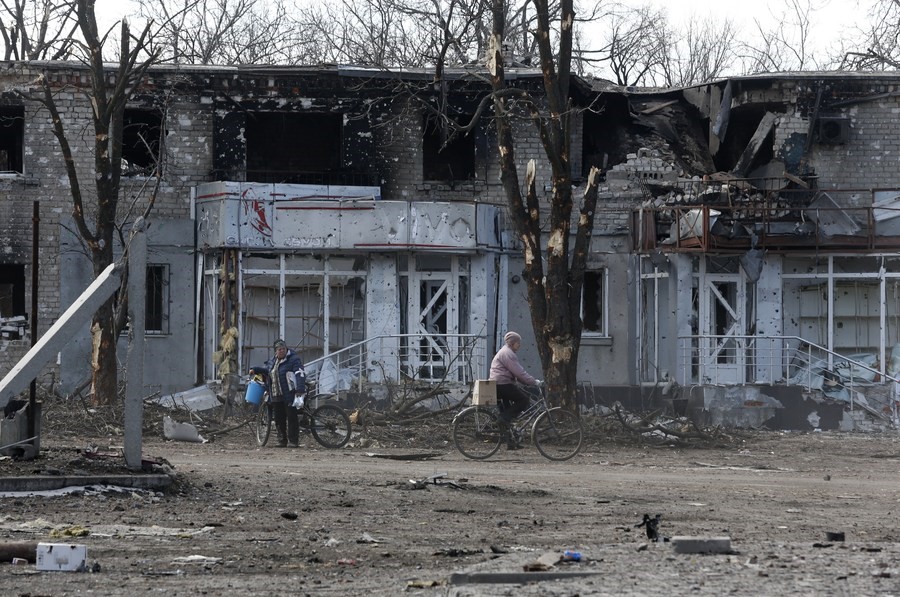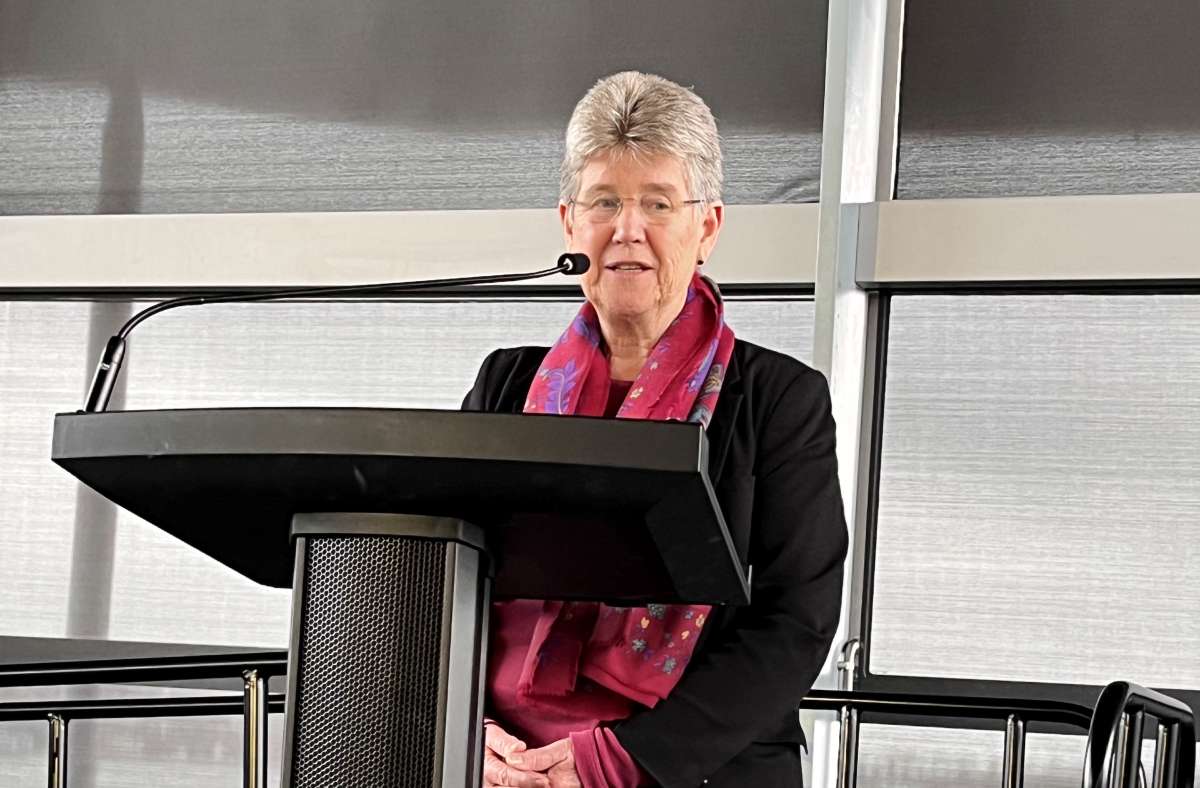The teacher’s union announced that the government’s offer has been rejected by an “overwhelming” 98% of members in England, after a turnout of 66%…reports Asian Lite News
Schools in England are now facing fresh teachers’ strikes after teachers with the National Education Union (NEU) rejected the government’s pay offer.
The teacher’s union announced on Monday that the offer has been rejected by an “overwhelming” 98 per cent of members in England, after a turnout of 66 per cent.
The NEU had called the offer “insulting” and encouraged its members to reject it.
After a period of intensive talks with unions, the government offered teachers a £1,000 one-off payment for the current school year and an average 4.5 per cent pay rise for staff next year.
Speaking at a NEU conference in Harrogate, joint general secretaries Mary Bousted and Kevin Courtney said the offer is “unacceptable” and crucially it is “not fully funded”.
They said: “This resounding rejection of the government’s offer should leave Gillian Keegan in no doubt that she will need to come back to the negotiating table with a much better proposal.
“The offer shows an astounding lack of judgment and understanding of the desperate situation in the education system. We have today written to the education secretary informing her of the next two days of strike action on April 27 and May 2 that NEU teacher members in England will now be taking. These strikes are more than three weeks away; Gillian Keegan can avoid them.”
It comes after schools around the country contended with several days of industrial action in February and March, resulting in the closure of several schools.
Labour leader Sir Keir Starmer urged teaching unions and the government to get around the negotiating table.
Sir Keir told LBC: “I am disappointed because I want to see this resolved. Obviously it is back around the negotiating table now but I would urge both sides to compromise and to come to an agreement as quickly as possible.”
The Labour leader added: “Obviously I support their right to take industrial action, it is very important I say that. But I will be clear, I don’t want to see industrial action and that is why I want the government around the table resolving this. It is possible to resolve these disputes, and the sooner the government gets on with that the better.”
The summer term marks the exam and assessment period at schools, however Dr Bousted insisted the strikes will not disrupt GCSEs and A Levels.
She told Sky News: “We are asking all the local districts, and they will do this, to have dispensations for children taking exams in years 11 and year 13.
“We want them in school preparing for their exams and we will make local arrangements to make sure that happens. It will not disrupt the exam work because that is the last thing we want to do.”
She also said more generous offers by the Welsh and Scottish governments would “certainly be a basis for a decent offer” and urged education secretary Gillian Keegan to negotiate to avert fresh industrial action.
She added: “Gillian Keegan needs to stop the bullying tactics, she needs to start reading the room, she needs to start listening to teachers. These are not union barons, it’s not me making members reject this offer, they had a free private vote. They know what they’re rejecting, they know it’s not good enough and crucially they know its not properly funded. They know even this offer if it is paid out either children will have less equipment or there will be fewer support staff in schools.”
The NEU is not the only union which is involved in pay discussions.
Three other unions have also been involved in intensive talks with the government: the NASUWT, Association of School and College Leaders and school leaders’ union NAHT. They are in the process of balloting members on the current offer from the government.
School leaders’ union, the NAHT, is also asking whether members would take industrial action if the pay offer is rejected. NAHT members voted in favour of strike action in January – but turnout was 42%, below the legal requirement of 50%.
Mary Bousted and Kevin Courtney, from the NEU, also questioned why teachers in England were “worth less” that those in Scotland and Wales. Education is a devolved matter, meaning decisions are made by the separate governments.
In Scotland, the dispute has been resolved after teachers accepted a 7% rise for 2022/23, which will be backdated to April. They have also accepted a 5% rise in April 2023, and a 2% rise in January 2024.
In Wales, the NEU, have agreed on an increased pay offer of 8% for 2022/23, which consists of a 6.5% annual pay rise and a one-off lump sum payment, as well as a 5% pay rise for 2023/24.
But Wales’ school leaders’ union, NAHT Cymru, has rejected the offer and says funding arrangements remain a major concern for school leaders. Members are continuing to take action short of strikes – which includes refusing to attend evening meetings and only responding to calls and emails between 09:00 and 15:00 BST.
In Northern Ireland, five teaching unions in will also strike for a full day on Wednesday 26 April.
ALSO READ-Strike over pay paralyzes rail, air travel in Germany














